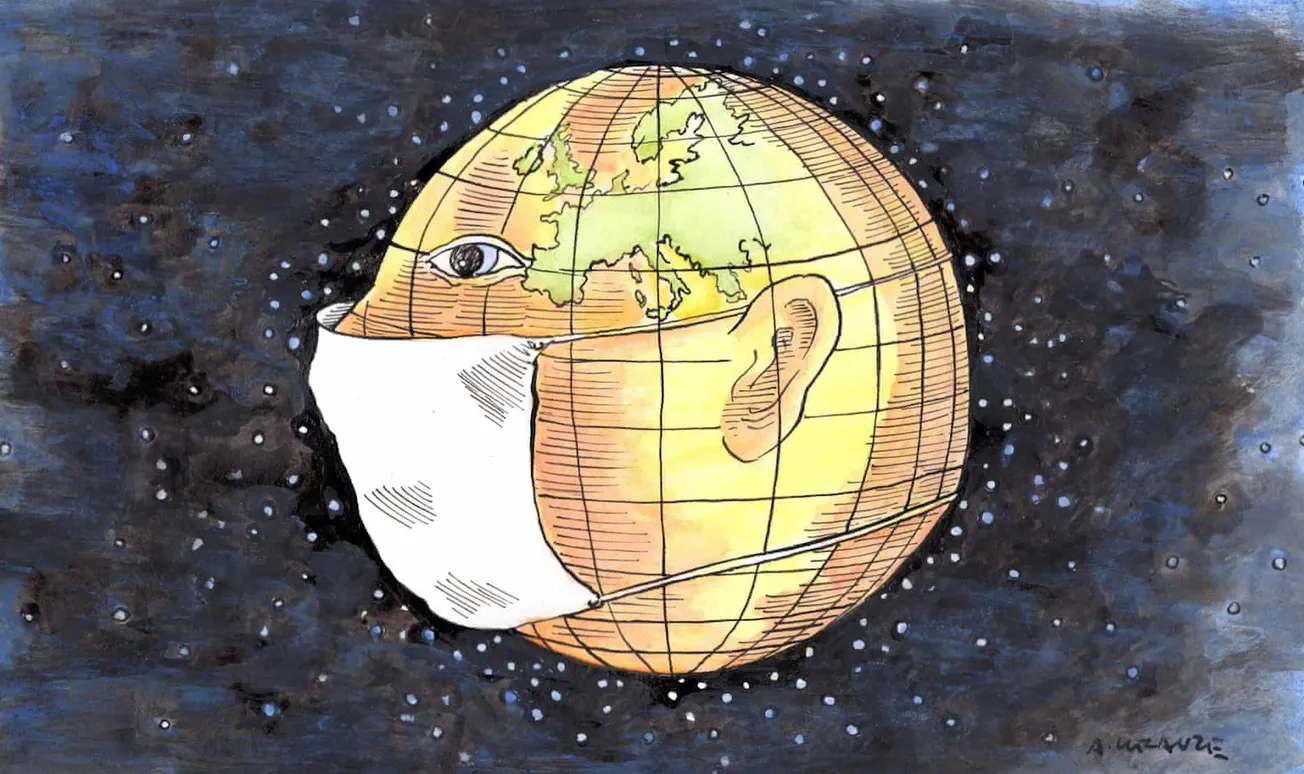Table of Contents
On April 15, President Donald Trump froze funding for the World Health Organization (WHO) temporarily -- a decision some immediately criticized as rash and uninformed. Trump cites his main reason for this monumental measure as “holding the WHO accountable...while its mismanagement of the coronavirus pandemic is investigated.”
Whether it was ineptitude, bias, or both, the WHO’s early coronavirus response failed miserably.
Most importantly, the WHO has not succeeded at its mission to “[advance] work in the prevention and control of the international spread of disease.” On January 14, the WHO tweeted that there is “no clear evidence of human-to-human transmission” for the novel coronavirus. We have since learned that Chinese officials knew quite well that this was untrue, yet the WHO echoed Chinese reports.
The WHO came to such hasty conclusions despite many doctors (both Chinese and Taiwanese) warning the public of an imminent disease as early as December. How can we continue to support an organization that so blindly trusted the claims of an authoritarian government?
WHO Director-General Dr. Tedros Adhanom commended China's "openness to sharing information" in late January all the while the government cracked down heavily on Chinese citizens informing the globe of the virus's dangers. Yet ironically, the WHO was not practicing what they preach in sharing as much information as possible with their constituents. The WHO’s pro-China political interests have prevented them from fairly evaluating outside sources like Taiwan. On December 31st, Taiwan sent an email to the WHO alerting them of COVID-19’s potential dangers. Bruce Aylward, senior WHO advisor, actively ignored and proceeded to hang up on an interviewer when asked about Taiwan’s involvement (or lack thereof) in the organization. The WHO kept Taiwan’s critical warning private, denying other countries of knowledge that would have inspired outbreak-planning.
This oversight likely had dire consequences. Epidemiologists have noted that starting social distancing measures just a week or two before in New York may have reduced death tolls by 50 to 80 percent.
The WHO is also being overly deferential to China’s cultural practices at the expense of the rest of the world’s health. They have not condemned “wet” markets, but rather supported their recent reopenings with stricter regulations. Aside from encouraging vicious animal rights abuses, wildlife markets are the reported origin of SARS and COVID-19.
America provides 15% of the WHO budget (about $500 million annually). For comparison, China commits about 2%. In 2016, the organization spent more on travel than they did on fighting AIDS, Malaria, and TB combined. American money should be distributed thoughtfully, and not to organizations whose officials openly admit to reckless spending. The WHO’s director of finance has claimed they “don’t trust people to do the right thing when it comes to travel.” Doctors without Borders has more than five times the workers of the WHO, yet an annual travel budget of $43 million, compared to the WHO’s $200 million. It is hard to justify throwing money at an organization when they are admittedly overspending on incidentals like travel.
The National Review was already pushing for America to stop funding the WHO in 2017, long before Coronavirus. The pandemic has only served to highlight already existent structural failures in a corrupt organization.
President Trump noted that our government may be willing to eventually reinstate funding once “its mismanagement, cover-ups, and failures can be investigated.” In the meantime, the money is being rerouted to various humanitarian aid groups. It should have been rerouted more efficiently long ago, so hysterics about America’s inhumanity are unwarranted.
At the end of the day, this action is consistent with the Trump administration’s commitment to reforming international institutions. During the current administration, the United States has seriously reassessed our role in the Paris Climate Agreement and the INF Treaty, among other cross-border agreements. The WHO should not be spared from similar scrutiny. The organization should fundamentally correct its biases and begin to tighten the bureaucracy weighing it down.
Perhaps Trump’s action should have been timed better, when there could be better focus on internal restructuring. However, a worldwide organization ostensibly committed to preserving global health should not be enabling the spread of false information. By withdrawing funding from the WHO, America sends the message that they will not tolerate this behavior.
Image Source: Andrzej Krauze/The Guardian, https://www.theguardian.com/world/commentisfree/picture/2020/mar/18/andrzej-krauze-impact-coronavirus-europe-cartoon









